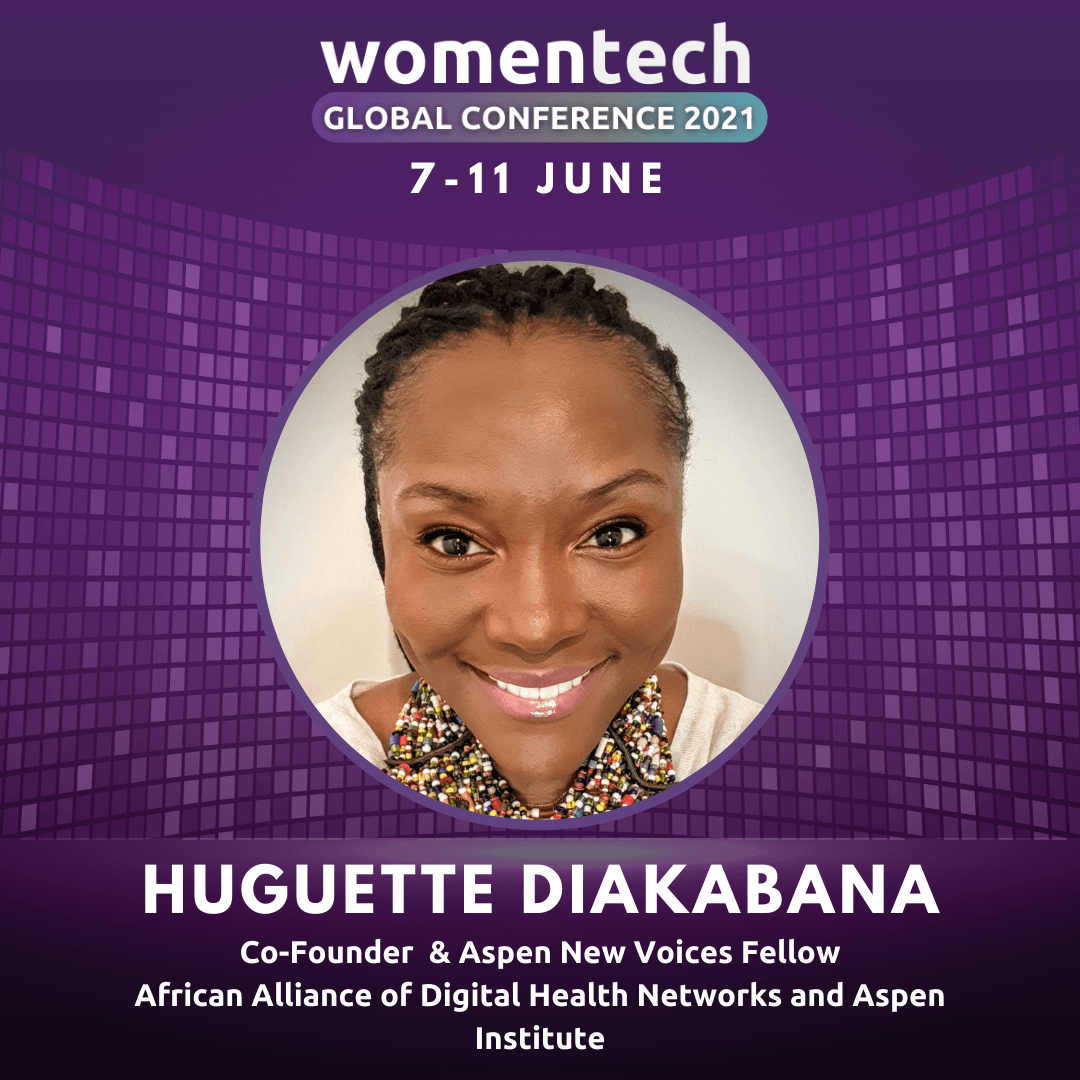Vote by Sharing
Unite 100 000 Women in Tech to Drive Change with Purpose and Impact.
Do you want to see this session? Help increase the sharing count and the session visibility. Sessions with +10 votes will be available to career ticket holders.
Please note that it might take some time until your share & vote is reflected.
Session: How to ensure that technology is bridging and not widening the access gap in the global south
If we don't consider the global south context, we risk widening an access gap that will devastate women in the global south for years to come. Technology allows us to address global health gaps in ways we haven't been able to do in the past. However, to ensure that it bridges rather than limit access to conducive work conditions, quality care, and socioeconomic gaps, we must ensure diversity in developers, policymakers, and local voices in the process of defining solutions. We must ensure that we include and elevate women's voices. Women are often at the center of solving community problems at the local level but are not always visible at decision-making tables. That needs to change if we're to ensure actual progress. Proximity to the issues we're looking to solve inspires an unmatched understanding of problems that lead to developing practical and useful technologies. This talk will focus on ways emerging technology development approaches must shift to also benefit women and girls in the global south.Key Takeaways
- Including local voices in developing new solutions leads to more effective and user friendly technologies
- Local women understand the problems and are already working to solve them, it is wise to leverage their understanding
- It is vital to ensure that technology is bridging the gaps and not widening them
- We win when we pay attention to trends started by local developers, innovators, and technology users
- Talent exists everywhere, but opportunities are scarce. Using our positions to extend opportunities will lead to the results we seek.
Bio
"Huguette is a global health and digital transformation leader, a member of the World Health Organization's (WHO) Digital Health Technical Advisory Group, and on Harvard Medical School's executive programs teaching team. She is also developing a Digital Health leadership course with the International Telecommunications Union Academy and advising organizations seeking to scale pandemic response programs in sub-Saharan Africa. Huguette works in partnership with the private sector, governments, civil society organizations, and NGOs to ensure equitable access to vital global health services. She has managed and deployed technology-based solutions in global health, education, and mining community development programs in over 20 countries in sub-Saharan Africa. "


